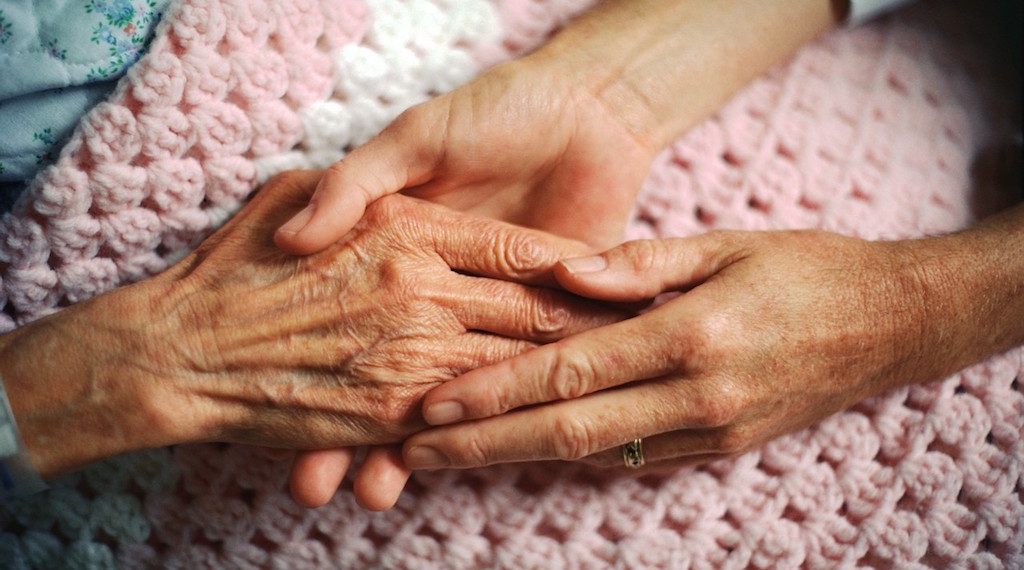How many times have we watched a staff member send a quick text during a lull, just after a full morning of caregiving and just before the residents’ lunch meal? Getting a quick break and a small amount of time to decompress is certainly a welcome interlude. The pace is fast and the tasks vast.
In that brief moment, we may forget to keep watch for the signs of a diminished quality of life, an elder blankly looking at the television, Alice crying out as she generally does, Sam banging on the table or Bruce fast asleep, slouched in his chair. We all mean well and might not remember to take a few minutes of that text time to sit with Sam, Bruce or Alice and simply have a conversation, or touch an arm to give comfort. Perhaps we just don’t know how to have some of those simple interactions.
I recently observed this very scenario on a nursing unit. A discussion with the Nurse Manager had her expressing mutual concern and assuring me that once their Greenhouses were built, staff would be trained on how to meaningfully engage with residents. I was in a quandary. Why were we waiting?
I feel very lucky to be one of those people who can jump into a conversation, take a hand or offer a sly sideways smile that makes someone smile back. It’s not easy for many people to engage comfortably however. Interacting in the moment with people from another generation, who may or may not be able to carry on a conversation and with whom we have nothing in common can be challenging.
So, here are some strategies to think about.
- There is always at least one staff member (you know who he or she is) possessing the natural ability to converse or interact with anyone. Tap into that resource! Would they be a part of an engagement training initiative? If so, ask them to think about how they initiate and sustain conversation. If it comes naturally, some real contemplation may need to take place in order to describe how it works. Your encouragement and compliments will go a long way in supporting this undertaking.
- Inspire staff to find common ground by learning more about each of their residents.
- Have social histories be required reading for team members. At shift changes, play a game that asks staff to share one thing that they know about each of their residents!
- Ask families to share tales about their loved one with frontline staff. Encourage unique stories that resonate and offer real substance for an engaging conversation, a positive life altering event, a happening or item that brings joy, one thing that delights their loved one to talk about.
- Teach staff how to find common interests. Give team members ice breakers, a list of five to ten questions that they might ask residents, i.e., where did they grow up, what was their family life like – parents, siblings, spouse, children, what was their work life like (if they worked outside of the home), what were some favorite past times, etc. Your team members may find things in common with folks in their care!
- Be sure to observe interactions and lend a hand in the moment if staff get stuck. Adults learn best through hands-on experiences. Identifying an obstacle as it happens with thoughtful guidance can build real confidence and promote and nurture meaningful relationships.
- Commend and support great interfaces!
Keep a watchful eye. Those in the moment interactions may become some of the best times of the day for silliness, a deeper understanding of someone in your care or just a delightful instant in time for camaraderie.
For more ideas, feel free to be in touch!


